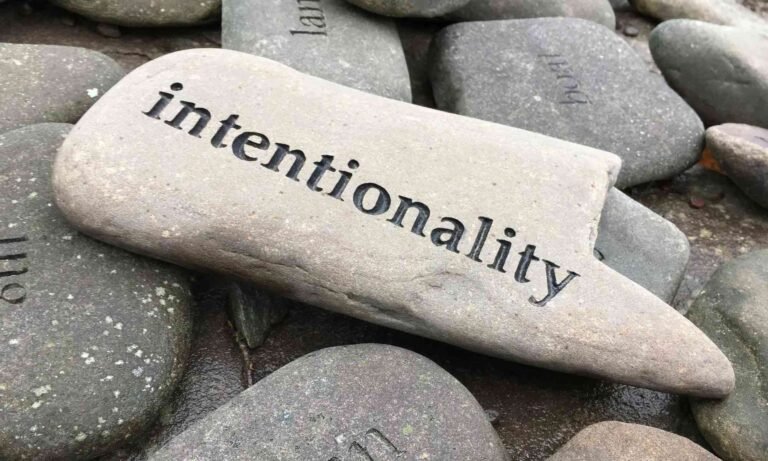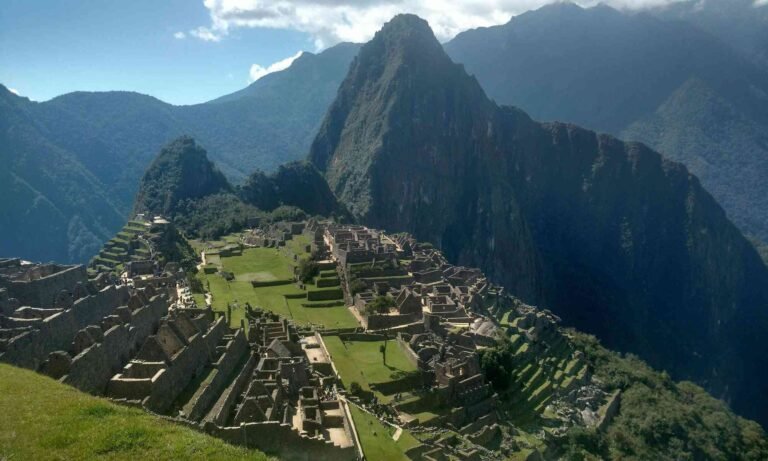Peace is a multifaceted concept that transcends various contexts, offering a kaleidoscope of definitions and interpretations across personal, social, and global dimensions. At its core, peace can be categorized into two primary types: negative peace and positive peace. Negative peace refers primarily to the absence of conflict or violence, a state where hostilities are temporarily subdued but underlying tensions may still exist. This form of peace often lacks the essential elements that foster genuine harmony, such as understanding, empathy, and social equity.
On the other hand, positive peace encompasses a more holistic view, highlighting the importance of social justice, equality, and the proactive promotion of well-being among individuals and communities. Positive peace encourages an environment where societal structures enable cooperation, respect, and shared resources. It manifests in various forms, including economic stability, environmental sustainability, and inclusive governance. The interplay between these two dimensions of peace is crucial, as the presence of negative peace does not inherently guarantee the emergence of positive peace.
Historical perspectives on peace reveal how cultural interpretations shape our understanding of this vital concept. In different societies, peace is often viewed through varying lenses – the philosophies of Eastern traditions frequently emphasize inner tranquility and balance, while Western ideologies may focus on individual rights and legal frameworks. Notably, influential scholars, such as Johan Galtung, have contributed to building a comprehensive framework for analyzing peace, addressing both personal and societal aspects.
Ultimately, comprehending the nuances of peace invites deeper reflection on its significance in our lives. By examining its dimensions and recognizing how culture and context influence our perceptions, we can strive for a robust vision of peace that facilitates both personal fulfillment and collective harmony.
The Role of Peace in Societal Development
Peace serves as a foundational element for societal development, facilitating progress in various spheres such as economic, social, and psychological well-being. A peaceful environment is conducive to economic growth, as it allows for the establishment of stable institutions, attracting both local and foreign investments. Countries like Sweden and Switzerland exemplify this, having achieved significant economic advancements thanks to their longstanding commitment to peace and neutrality. In contrast, nations that have endured prolonged conflict, like Syria and Afghanistan, demonstrate how strife can devastate economies, leading to crippling poverty and unemployment.
Furthermore, peace plays a crucial role in fostering social cohesion within communities. A society characterized by harmonious relationships tends to engage in collaborative efforts toward common goals, enhancing social capital. For instance, Rwanda, following its genocide in the 1990s, has made remarkable strides towards recovery through initiatives aimed at reconciling ethnic divisions and promoting peace. The result has been a resurgence in community engagement and stability, further propelling development initiatives that benefit the nation as a whole.
The psychological impacts of peace cannot be overstated, as a peaceful society nurtures individual well-being and fosters a conducive atmosphere for innovation. When individuals feel secure and valued, they are more likely to contribute positively to their communities, leading to a virtuous cycle of progress. The flourishing of creative and intellectual endeavors can often be traced back to periods of peace. The technological boom in Silicon Valley showcases how a peaceful and supportive environment can give rise to groundbreaking innovations, thus driving economic and social advancements.
Challenges to Achieving Peace Today
In today’s world, achieving peace is increasingly difficult due to a myriad of contemporary challenges. Global conflicts continue to escalate, fueled by political strife that often stems from deep-rooted historical grievances. The fallout from such conflicts not only endangers the immediate regions involved but also has a significant impact on global stability. Social inequality further compounds these issues, as marginalized communities often lack access to resources, reinforcing cycles of violence and unrest.
One of the key obstacles to peace is extremism, which thrives on ideological divides and manifests in various forms, including religious and political radicalization. The proliferation of extremist groups has created an environment where dialogue is undermined, and violence is seen as a viable means to an end. Additionally, environmental degradation presents a unique challenge to peace. As natural resources become scarcer due to climate change, competition for these resources can lead to conflict, highlighting the interplay between environmental issues and geopolitical stability.
The economic disparity observed in many parts of the world also poses a significant barrier to peace. Countries grappling with poverty often face higher rates of crime and violence, further destabilizing their societies. The lack of opportunity can lead individuals to resort to radical ideologies as a means of expressing their frustrations. Moreover, the advent of technology has a dual impact on peacebuilding efforts. On one hand, digital communication can facilitate dialogue, education, and understanding across cultural divides. On the other hand, social media can spread misinformation and exacerbate tensions, leading to heightened conflict.
As we navigate these complexities, it becomes evident that the path to peace is fraught with challenges. Addressing these multifaceted barriers requires a coordinated effort from governments, international organizations, and civil society to foster dialogue, promote equality, and build resilient communities. Only through recognizing and addressing these hurdles can we hope to make strides toward a more peaceful world.
“Peace cannot be kept by force; it can only be achieved by understanding.”
– Albert Einstein
Pathways to Peace: Strategies and Solutions
Achieving peace involves a multifaceted approach that encompasses strategies at individual, community, and international levels. One fundamental pathway to promoting peace is through conflict resolution techniques. Mediation and negotiation play pivotal roles in addressing disputes, enabling opposing parties to find common ground and foster understanding. By prioritizing dialogue over confrontation, individuals can effectively manage conflicts and reduce tensions.
Another critical aspect is the importance of diplomacy in international relations. Diplomatic efforts are essential for mitigating disputes between nations and fostering cooperation. Engaging in diplomatic dialogue encourages parties to explore peaceful resolutions rather than resorting to violence or warfare. This reinforces the idea that peaceful coexistence is achievable when open communication and mutual respect are prioritized.
Grassroots movements also play a significant role in promoting peace within communities. These initiatives mobilize individuals to address local issues through collective action, fostering a sense of belonging and empowerment among community members. By engaging with the community, grassroots movements enhance social cohesion and create environments conducive to peacebuilding. Approaches such as restorative justice further illustrate how communities can heal together by addressing the root causes of conflict and promoting reconciliation.
On a personal level, individuals can contribute to peace in their daily lives by embodying compassion and empathy. Simple acts of kindness can create ripples of positivity that promote harmony. Additionally, engaging in open dialogues and being willing to listen to diverse perspectives can enrich understanding and reduce polarization. Education plays a crucial role in this process, as it equips individuals with the skills to engage constructively in discussions about differences.
The Teachings of Alan Watts
In today’s fast-paced and often chaotic environment, the concept of peace has never been more crucial. Alan Watts, a well-known philosopher and speaker, offers poignant insights into what peace truly represents. His teachings encourage a deeper understanding of our inner selves, leading us to a more harmonious existence. Watts believed that peace is not merely the absence of conflict but a state of being that transcends the outer turmoil. He emphasized the importance of present-moment awareness, suggesting that by fully engaging with the now, we can cultivate inner peace.
His approach integrates Eastern philosophies, especially Zen Buddhism, into Western thought, creating a holistic perspective on life. Incorporating the teachings of Alan Watts into our daily routines can be transformative. Practicing mindfulness, meditating, and nurturing a connection with nature are practical ways to embody his concepts of peace. By focusing on our individual experiences and perceptions, we can foster a sense of tranquility amidst the distractions of modern life. Watts challenges us to embrace the fluidity of existence, reminding us that peace is a journey rather than a destination.
The World Peace Foundation
The World Peace Foundation, established in the early 20th century, is dedicated to fostering global peace and conflict resolution. It advocates for dialogue, understanding, and cooperation among nations through various initiatives and programs. The foundation’s mission is to make peace a reality by promoting education, understanding, and mutual respect among diverse cultures. Over the years, it has launched numerous initiatives aimed at conflict prevention and resolution, partnering with local and global organizations to ensure sustainable peacebuilding in various regions.
What’s More
The posts in My Blog feature reflective, story-driven pieces rooted in personal and societal insights.
The topics in My Interests explore abstract, philosophical ideas and their cultural and societal impact.
👁️ 6,845 Views
















